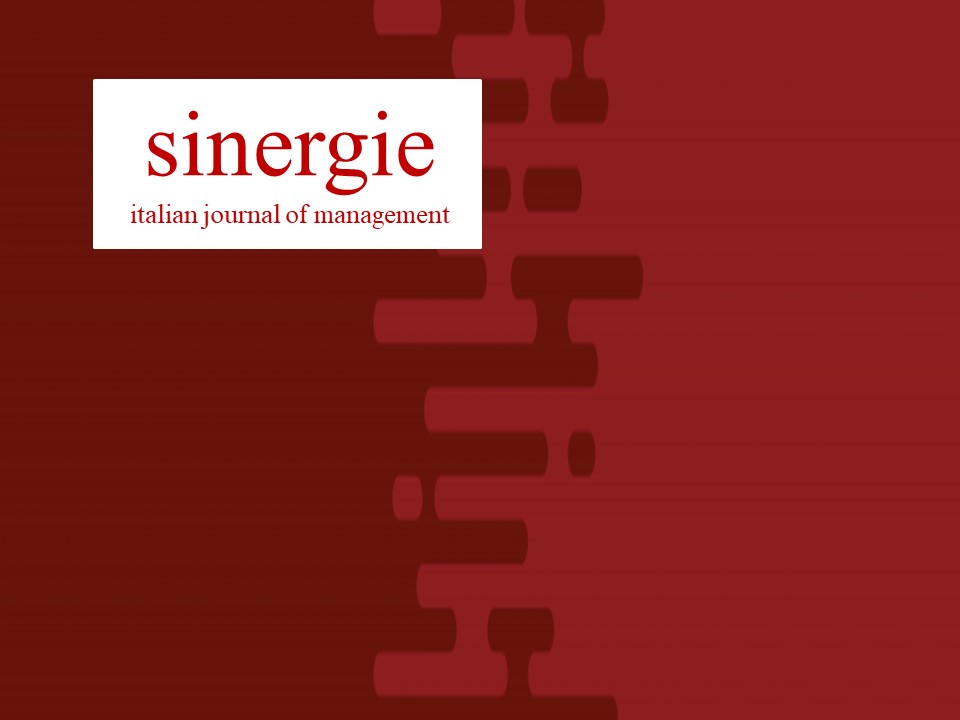Systemics, connectivity and innovation: what role do we want them to play in a new perspective on strategy?
Purpose of the paper: Since it was launched in 2002, the IberoAmerican Forum on Communication Strategies (FISEC) has been working on the development of a new (and general) theory of organization strategy, capable of dealing with the new challenges of the 21st century. This search for a new strategic approach is a multidisciplinary effort, and an attempt to go beyond the economics-and-business focus that has been dominant until now. In this approach, the paradigm of social relations originating from the discipline of communications is perhaps the most significant influence. The purpose of this conceptual paper is to contribute to this exciting academic project with some relevant ideas.
Methodology: From a methodological point of view, some recent literature in Strategic Management has underlined the importance of context and social structure, as well as the relevance of interactions and the complexity of human behaviors in organizations (personal relationships, cognitive biases, emotional and psychological issues).
Originality: With in this framework, as a novelty of this work, it is argued that networking, connectivity and innovation within the framework of new evolving systems can be seen as phenomena that will configure a new paradigm of corporate strategic behavior.
Research and managerial implications: In this paradigm, the recovery (rather than the discovery) of the human element is proposed as a central feature: humans are intrinsically social creatures, and the social dimension of strategy is brought to the center of that discourse, with significant managerial implications: for instance, the need to respond to and deal more effectively with diverse and serious world-wide challenges is making the redesign of organizations a highly relevant topic.
Value of paper: This final point can be considered as an extra added value of this paper.


